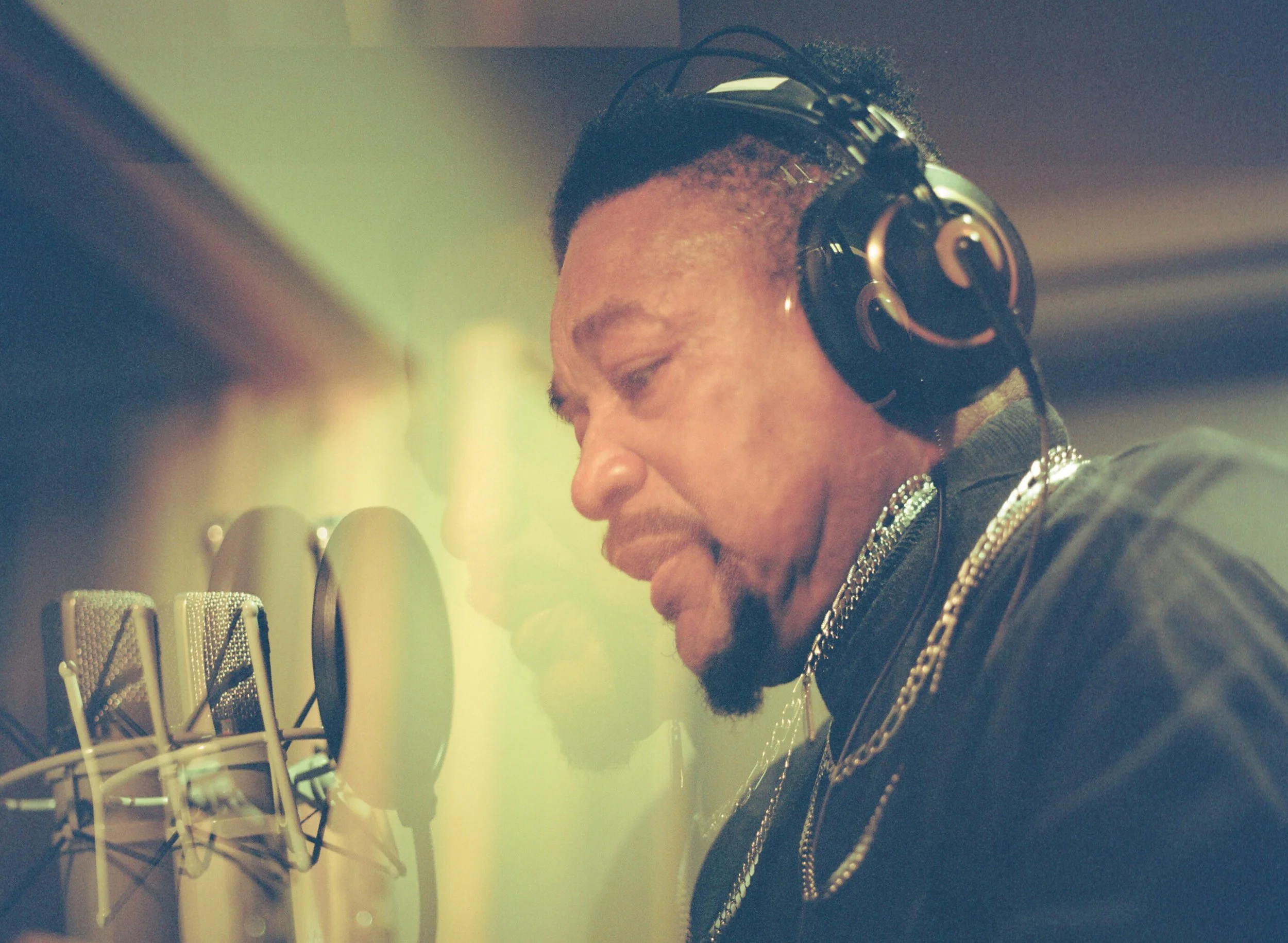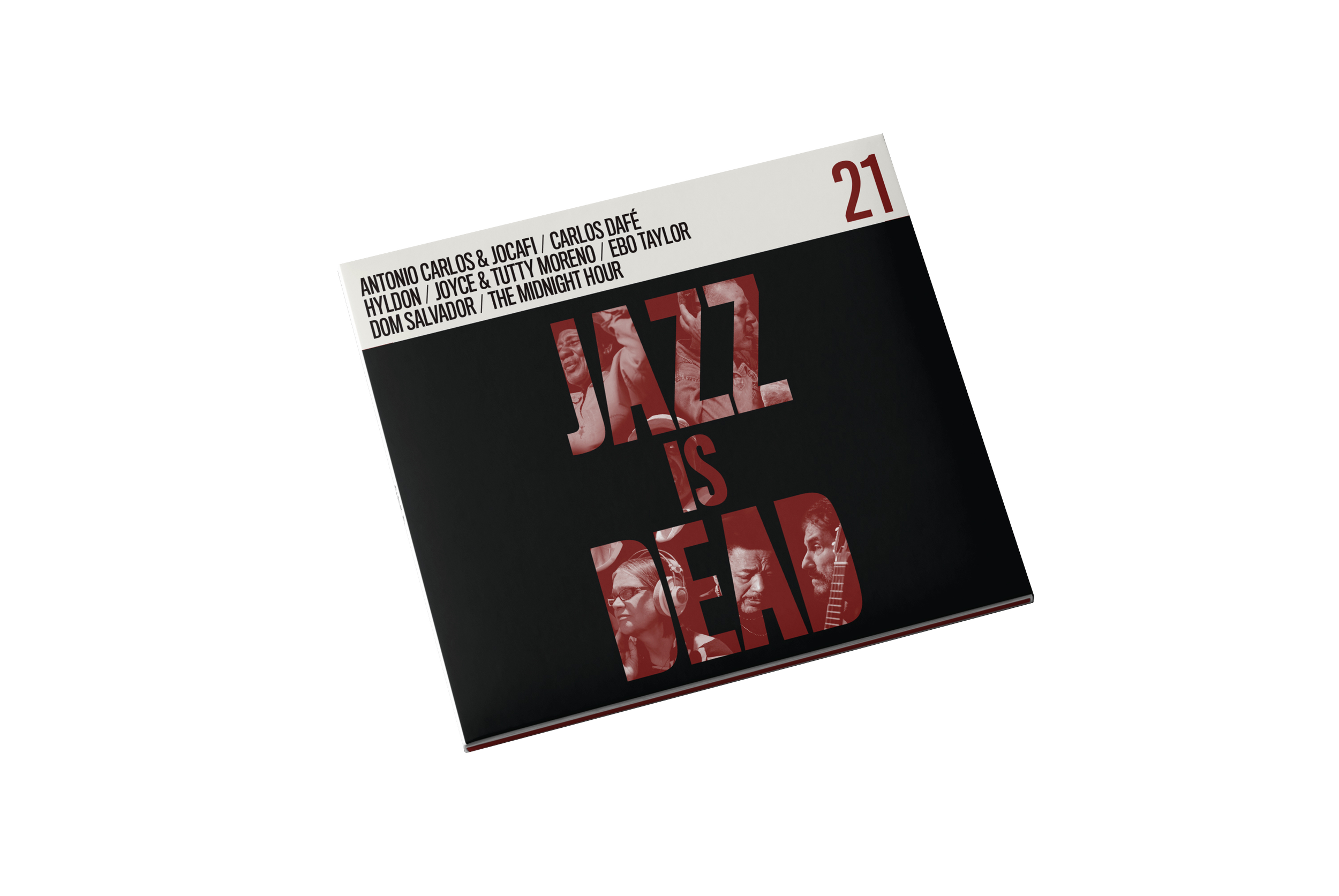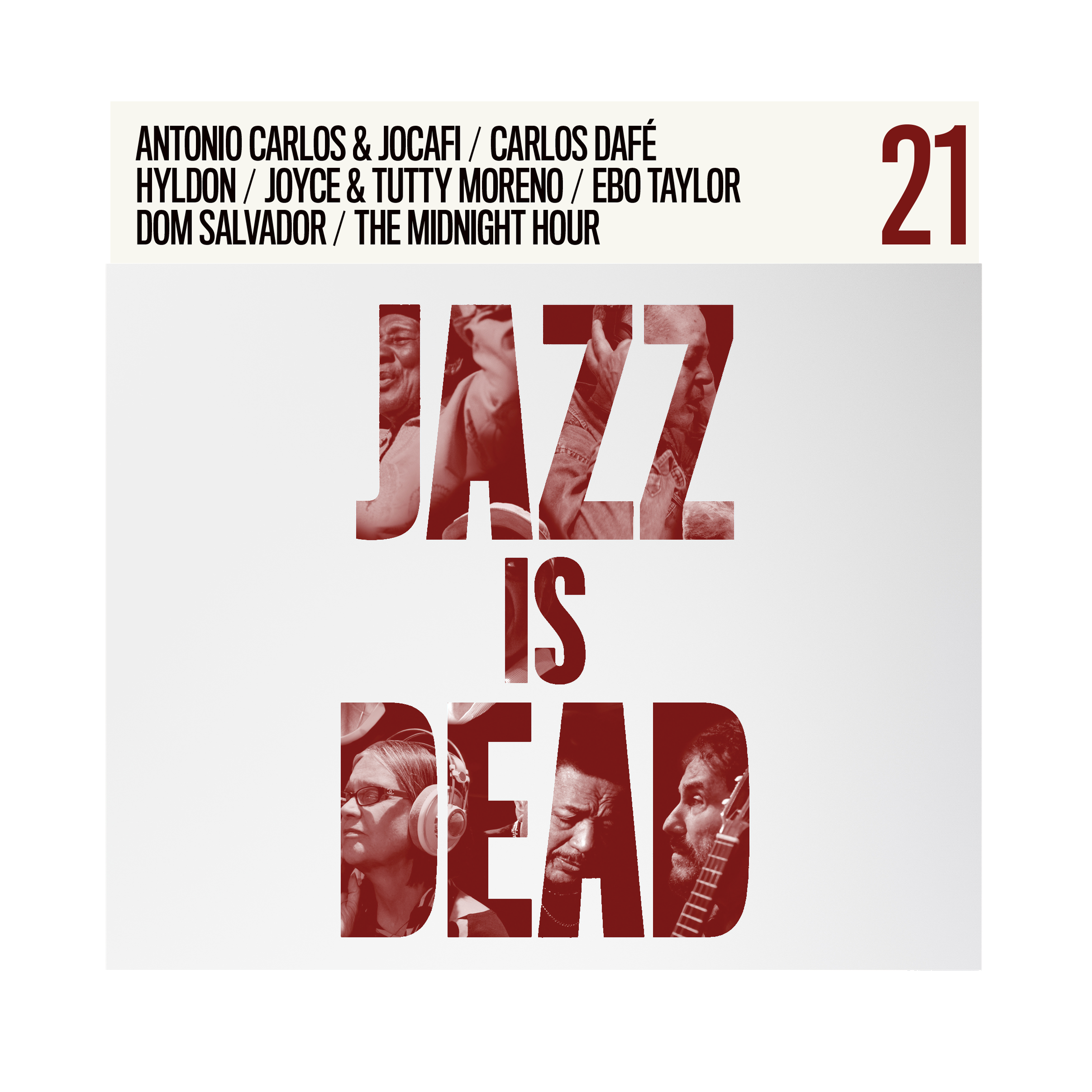CARLOS DAFÉ
Born in the suburb of Vila Isabel, Rio de Janeiro. His father, José de Sousa, was a civil servant and chorinho player. His mother, Conceição Gonçalves, was a poet and encouraged the musicality of her children. Coming from a family of musicians, at the age of four he was already correcting some wrong note that, perhaps, his father or any of his crying friends had committed.At the age of 11 he was already studying at the Conservatory of Music.By 14 he was already playing accordion and vibraphone in ensembles and orchestras.
In 1970, he toured with the Marine Corps group Fuzi 9 in Salvador (Bahia), Puerto Rico, Martinique and Curacao. His composition "Um menino, uma mulher", in partnership with Toninho Lemos, was the theme of the film "Um menino, uma mulher", starring Jece Valadão.
"Hot breath in the hall: black sound in Africarioca rolling in the quebradas with Marvin Gaye in the vitrolas, scenery, city and jungle where the sound of Dafé and other black snakes was created. These clever rascals, with nimble throats and warm hearts, setting fire to the halls, these little neguinhos and negões who assert themselves, with faith in Dafé are here, now, dancing." (Nelson Motta - 1983).

"... That is why I am of faith, why I have light, why I am of faith, of faith that leads me, why I am of faith, Dafé and Carlos." (Excerpt from the song Dafé e Carlos, composed by Jorge Aragão).
"... Dafé is a great expression of black Brazilian youth. A heritage of people who wanted to dance soul and funk and had no place for it... He's a guy I owe a lot to, he's my buddy, my great music educator." (SCHOTT, Richard. In the essence of soul). Revista de Domingo, Jornal do Brasil, p.46.).
In 2010 he received from the mayor of São Paulo, Councilman Antonio Carlos Rodrigues, the "Title of Paulistano Citizen", in the Noble Hall of the house. In the same year he received from the Cultural group AfroReggae, from Rio de Janeiro, the "12th edition of the Orilaxè Award" in the "Singer" category. The event took place at the Carlos Gomes Theater, in Rio de Janeiro, with the presentation of actress Fernanda Lima and actor Johayne Hidelfonso, with narration in off by actor Wagner Moura.
His epithet "The Prince of Soul" was created by Nelson Motta, for being alongside Tim Maia, Wilson Simonal, Hyldon, Cassiano, Don Salvador & Grupo Abolição, Banda Black Rio, Jorge Benjor and Tony Tornado, one of the shapers and sedimenters of the soul music genre in Brazil.
In 2021 premiered at the "Festival Visões Periféricas", the documentary "Trem do Soul", by Clementino Júnior. With production by Márcio Januário, executive production by Jusele Sá and Julia Pacheco, cinematography by Robson Maia, screenplay by Milena Manfredini and musical score, composition and arrangements by Jonathan Ferr. With musical and iconographic research by Ana Theresa de Andrade Barbosa, André Diniz, Jorge Luiz Barbosa and Zezzynho Andrade and additional scenes of dances provided by the CULTNE Collection, in the medium-length film were interviewed icons of the young, black and peripheral movement of Rio de Janeiro in the 1970s, such as Sandra de Sá, DJ Nenén, Dom Filó, Gérson King Combo, among others, as well as Carlos Dafé himself, considered one of the pillars of this musical movement in Rio.














